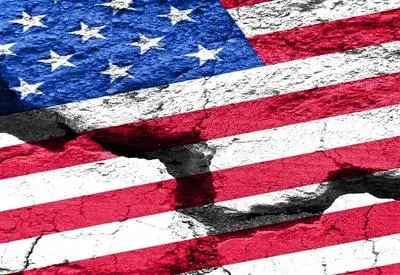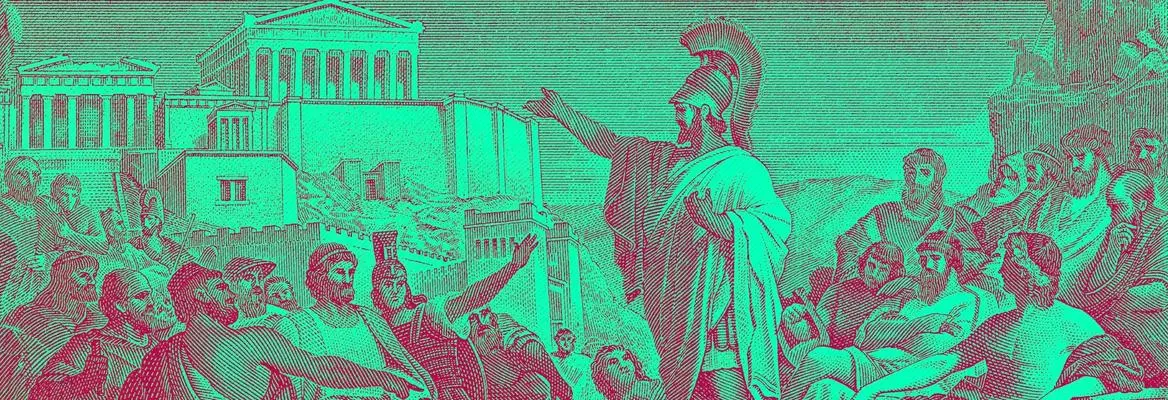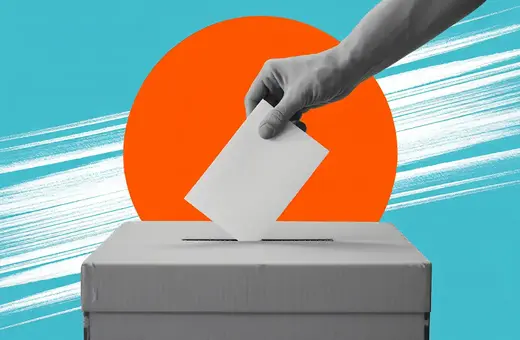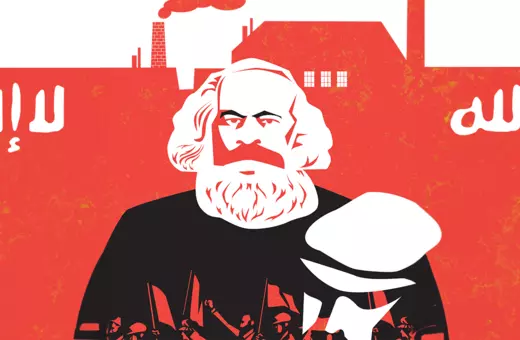Democracy is not just about elections, it’s about a culture of open and free communication. But that same culture contains the possibility of its destruction. Zac Gershberg argues that era of liberal democracy papered over this paradox by having elites gatekeep communication. This era is now irreversibly over. We need to learn to live with democracy’s internal tension.
Democracy is one of those concepts that despite our familiarity with it, it’s hard to define precisely. It’s meant different things during different historical periods, and it has different versions. What do you take to be the key features of a democracy?
It’s best to see democracy as a culture of communication that affords citizens the opportunities to freely express themselves and limit concentrations of power. Various government and legal designs, from parliamentary to electoral systems, can accommodate, shape, or preside over a democracy. These look different over time and within time. But the consistent characteristics of democracy, which goes back to the role of isegoria in Athens, are grounded in enabling the voices of the public to express themselves about what to do.
 SUGGESTED READING
Democracy and the polarization trap
By Robert B. Talisse
I am attempting to clarify and not romanticize democracy in this way. The opportunities for free expression and accountability can be squandered or thwarted. Exceptions and hypocrisies abound, and the rule of law can be used to constrain democracy rather than protect it. Who gets to enjoy the democratic rights of citizenship are often and unfortunately circumscribed. Democratic cultures, moreover, do not necessarily result in a flourishing of truth or justice, let alone tamping down on corruption. They can, and ideally and preferably they should. But democracy only sets up a contest of communication; it does not proceed without some element of chance or absent the tools of persuasion.
SUGGESTED READING
Democracy and the polarization trap
By Robert B. Talisse
I am attempting to clarify and not romanticize democracy in this way. The opportunities for free expression and accountability can be squandered or thwarted. Exceptions and hypocrisies abound, and the rule of law can be used to constrain democracy rather than protect it. Who gets to enjoy the democratic rights of citizenship are often and unfortunately circumscribed. Democratic cultures, moreover, do not necessarily result in a flourishing of truth or justice, let alone tamping down on corruption. They can, and ideally and preferably they should. But democracy only sets up a contest of communication; it does not proceed without some element of chance or absent the tools of persuasion.
___
This is the paradox of democracy, that the culture of communication created by free expression allows for its own negation.
___
I think most people’s idea of a democracy has something to do with choosing the government through elections. What’s wrong with that understanding of democracy?
I don’t think it’s necessarily wrong, only narrow and limiting. Without question, voting is one of the broadest and most important exercises for citizens to express themselves. Lord knows how challenging it has been at times in all democracies — the United States, in particular — to secure and expand the franchise.
But even authoritarian governments will hold elections and referendums from time to time, and almost every society has a legal system. If we clarify, then, that a democracy, to be truly democratic, carves out space for “free and fair elections” and all that that entails, then we’re back to circling around the definition of an open culture. The act of voting is singular, while communicating freely in public and private across various directions with others includes a range of forms: speaking and listening, reading and writing, associating and mobilizing, creating and consuming, watching and scrolling.
The key thesis of the book that you co-authored is that democracy contains the seed of its own destruction. Can you say why you think that is?





















Join the conversation